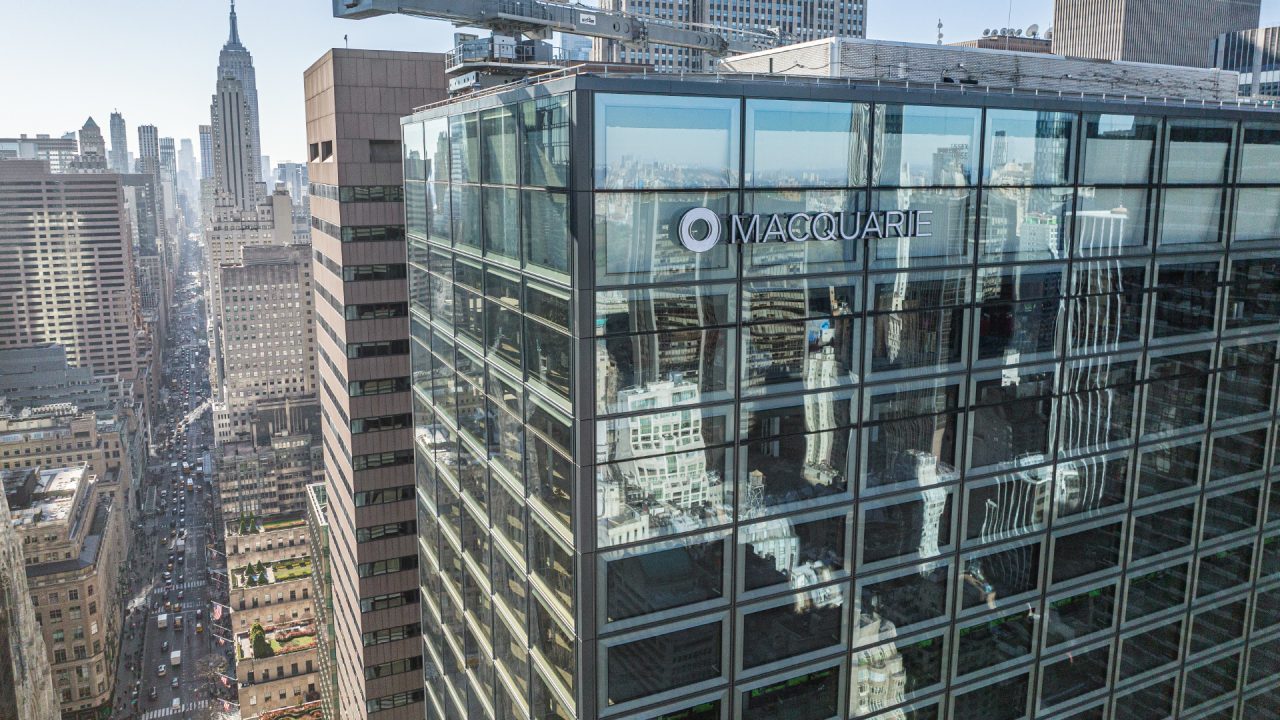

Risk management
Risk culture is foundational to risk management, supporting our ability to operate within risk appetite. Maintaining an appropriate and effective risk culture continues to be integral to Macquarie’s risk management framework. The Board, assisted by the Board Risk Committee, is responsible for forming a view of risk culture within Macquarie and the extent to which it supports the ability of Macquarie to operate consistently within its risk appetite. Through its oversight, the Board can also identify any necessary or desirable changes and focus areas required to strengthen risk culture at Macquarie.
Macquarie’s approach to maintaining an appropriate and effective risk culture is based on an integrated and iterative cycle of:
The Board considers the effective alignment of remuneration with prudent risk-taking as fundamental to Macquarie’s remuneration approach. Financial and non-financial risk considerations, and recognition of behaviours that drive positive risk outcomes, are embedded throughout the remuneration process. This includes the way remuneration is structured and delivered, and the determination of individual profit share allocations, business group and company-wide profit share pools.
Effective consequence management is a key component of Macquarie’s risk culture. Macquarie aims to apply consequences for non-compliance in a timely manner, and as fairly and consistently as possible.
Macquarie defines conduct risk as the risk of business practices, behaviour, action or omission by individuals employed by, or on behalf of, Macquarie or taken collectively in representing Macquarie that may have a negative outcome for our clients, counterparties, the communities and markets in which we operate, our staff, or Macquarie.
Such behaviour, actions or omissions may include:
Conduct risk can arise inadvertently or deliberately in any of Macquarie’s Operating and Central Service Groups.
Macquarie’s approach to conduct risk management is integrated in our risk management framework and is consistent with our three lines of defence model. Risk-taking must be consistent with Macquarie’s Purpose, our principles of What We Stand For: Opportunity, Accountability and Integrity and the Board approved Code of Conduct.
Macquarie has a range of controls and processes in place to identify and manage conduct risk, including: